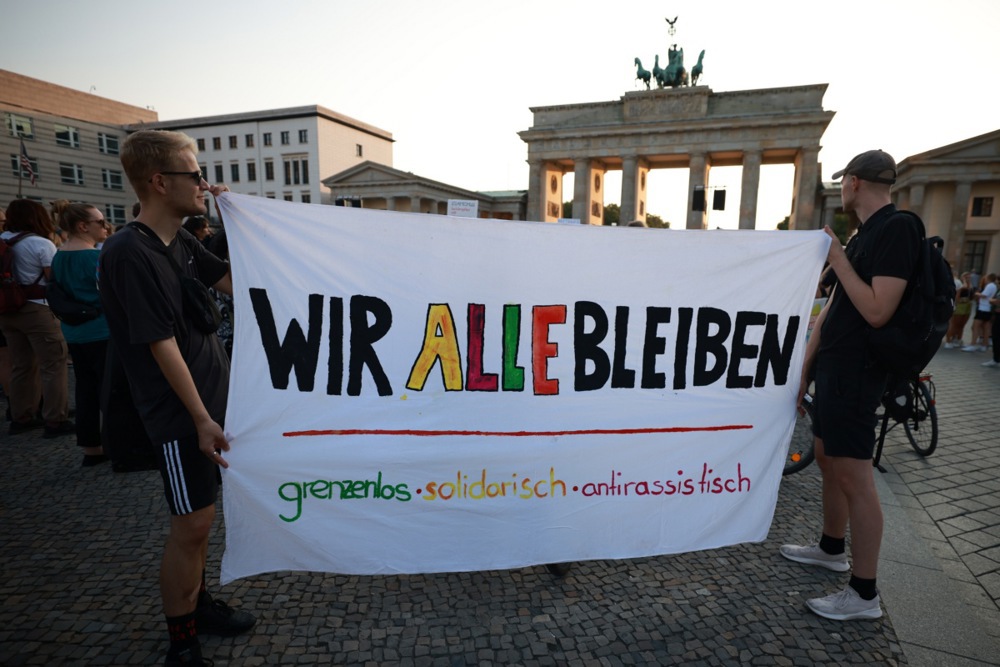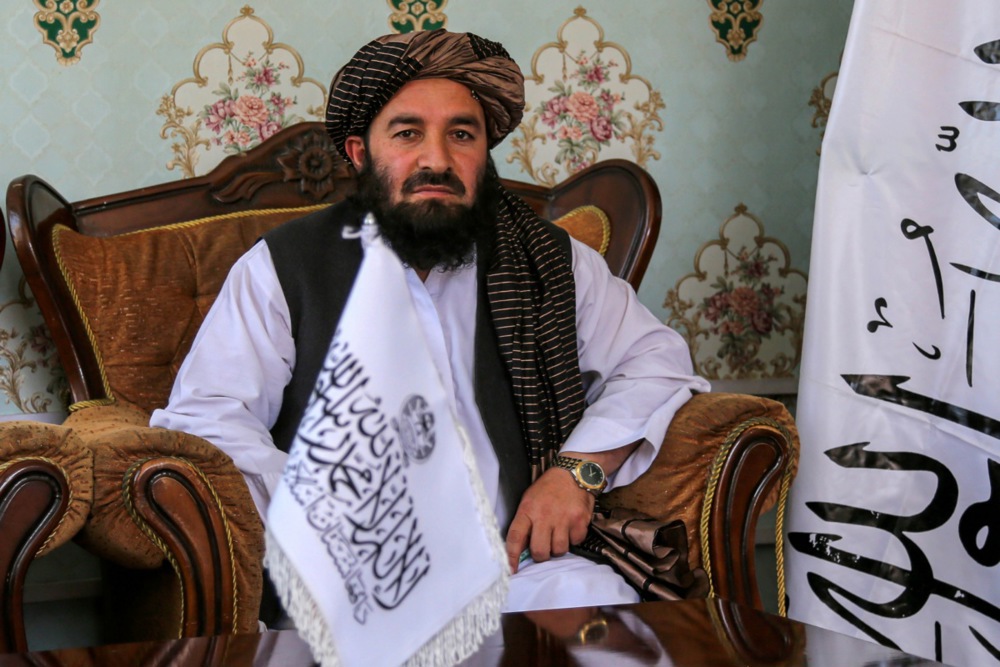Germany has imposed a temporary stop on the resettlement of particularly vulnerable refugees.
The decision came while the Christian Democratic Union/Christian Social Union (CDU/CSU) and Social Democratic Party (SPD) were negotiating a new migration policy.
The CDU/CSU and SPD said they did not want to take new admissions via the resettlement programme with the UN Refugee Agency (UNHCR) while the talks were ongoing.
The German Ministry of the Interior and UNHCR confirmed the news to the German Press Agency DPA on April 8, which received a statement from the Federal Office for Migration and Refugees (Bamf).
Cases where the proceedings were far advanced would be admitted as an exception.
The CDU/CSU and SPD had agreed that existing voluntary federal admission programmes should be terminated wherever possible and no new ones should be initiated.
Under the previous government, Germany had committed to providing 13,100 places for refugees in 2024 and 2025, as part of agreements with the refugee agency and the European Commission, which provided financial support for these admissions.
According to UNHCR data, 5,061 individuals have already entered the country under that commitment. These figures included Syrian refugees admitted from Turkey on humanitarian grounds, as agreed between the EU and Turkey in 2016.
In the resettlement process, which Germany has been involved in since 2012, the UNHCR identified and recommended particularly vulnerable individuals to host countries.
German officials then conducted in-person interviews and security assessments in the refugees’ current locations.
Those who were admitted did not have to apply for asylum in Germany but received a residence permit for three years.
If integration was successful, it was possible to become a permanent resident at a later date.
Chris Melzer, A UN refugee agency spokesman in Germany, told DPA he believed the new federal government would maintain the resettlement programme even if others were discontinued.
According to Melzer, “Germany has been a dependable participant under both [former chancellor] Angela Merkel’s CDU and [outgoing Chancellor] Olaf Scholz’s SPD administrations. ”
Germany has consistently ranked as the third-largest immigrant host country after the US and Canada, accepting approximately 5,000 refugees annually through the various programmes.
It has also maintained additional humanitarian admission programmes beyond these formal resettlement arrangements.
Germany’s halt came after US President Donald Trump had signed an executive order on January 29 halting federal funding for all refugee admissions to the US.
The US has historically accepted about two-thirds of all resettled refugees. While former US president Joe Biden had committed to 125,000 placements for 2024, Trump terminated the refugee admission programme upon taking office.
At the time of writing, his decision was still being fought in US courts.





